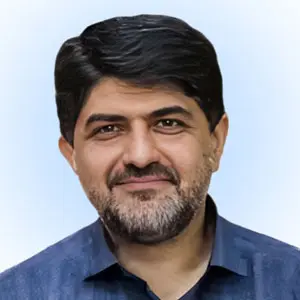Sleep apnea is a serious sleep disorder that occurs when an individual’s breathing stops during sleep. The goal of this challenge is to predict sleep apnea based on a patient’s tracheal sounds during surgery. The audio data for this challenge was collected in 2015-2016 from hospitals affiliated with Isfahan University of Medical Sciences. The data pertains to cataract surgeries. The data collection process involved attaching a sound recording sensor to the patient’s throat in the area of the sternal notch before the surgery began. The tracheal breathing sounds were recorded during the surgery. Patients received sedative medications, which induced a degree of sleepiness. This procedure led to hypopnea (reduced breathing flow) in some patients, and in others, it caused a complete cessation of breathing flow (or a reduction of more than 90% of flow for at least 10 seconds, known as apnea). After recording the sounds, an anesthesiology specialist listened to the recordings and identified the seconds during which the patient experienced apnea. Data was collected from over fifty individuals, but only about 13 of the datasets were of sufficient quality for analysis and modeling. The aim of predicting apnea in this challenge is to determine, based on the sounds recorded before the apnea occurs, whether apnea will occur in the next 10 seconds. (The minimum required duration for the cessation of breathing flow to label it as apnea is 10 seconds.)








